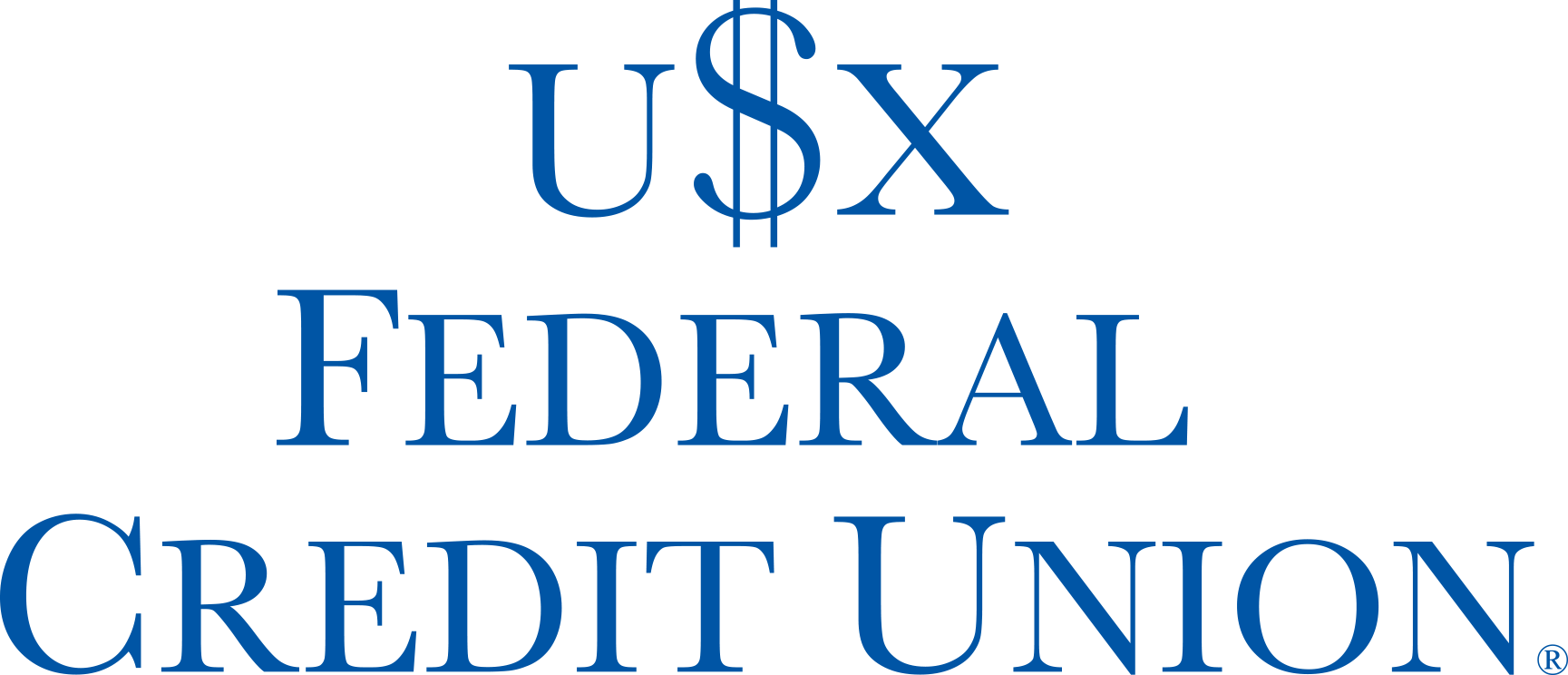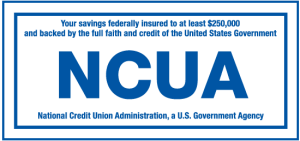When it comes to saving money, choosing the right type of savings account can make a significant difference in how effectively you grow your funds. Whether you’re saving for an emergency fund, a big purchase, or long-term goals, we’re here to break down the pros and cons of the different types of savings accounts you’re likely to see so you can make the decision that’s best for you!
1. Traditional Savings Accounts
Overview: Traditional savings accounts are the most common type offered by banks and credit unions. They are typically low-risk, with interest rates that are relatively modest.
Pros:
- Easy access to funds
- Low minimum balance requirements
- Federally insured by the NCUA (up to $250,000)
Cons:
- Lower interest rates compared to other savings options
- Potential monthly fees if balance requirements are not met
Best For: Short-term savings goals and emergency funds where you need quick and easy access to your money.
2. High-Yield Savings Accounts
Overview: High-yield savings accounts offer better interest rates than traditional savings accounts.
Pros:
- Higher interest rates that can significantly increase your savings growth
- NCUA insurance for security
- Typically no monthly fees
Cons:
- May require a higher minimum deposit to open
- Access may be limited to online banking
Best For: Individuals looking to grow their savings faster
3. Money Market Accounts
Overview: Money market accounts combine features of savings and checking accounts. They usually offer higher interest rates and may come with check-writing privileges or debit cards.
Pros:
- Higher interest rates compared to traditional savings accounts
- Check-writing and debit card access (limited transactions)
- NCUA insurance
Cons:
- Higher minimum balance requirements
- Limited number of transactions per month
Best For: Those who want higher returns with some flexibility in accessing their funds.
4. Share Certificates (or, Certificates of Deposit)
Overview: Share Certificates are time deposits where you agree to leave your money in the account for a specified term, ranging from a few months to several years, in exchange for a higher interest rate.
Pros:
- Higher interest rates than savings accounts
- Predictable returns
- NCUA insurance
Cons:
- Funds are locked in for the term length (early withdrawal may incur penalties)
- Less flexible if you need access to your money before the term ends
Best For: Long-term savings where you can commit your money for a set period and seek higher returns.
5. Individual Retirement Accounts (IRAs)
Overview: IRAs are tax-advantaged accounts designed for retirement savings. There are various types, including Traditional IRAs and Roth IRAs, each with different tax benefits.
Pros:
- Tax advantages (tax-deferred growth or tax-free withdrawals, depending on the type)
- Potential for high interest rates or investment returns
Cons:
- Contribution limits and tax implications for early withdrawals
- Not as liquid as other savings accounts
Best For: Long-term retirement savings with tax benefits.
Choosing the Right Account
The best savings account for you depends on your financial goals, how soon you need access to your funds, and your comfort with various banking features. Traditional savings accounts are great for short-term needs, while high-yield savings and money market accounts offer better growth potential for those who can manage their funds online. Certificates are ideal for those who can commit their money for a fixed term, and IRAs are perfect for long-term retirement savings.
Before you decide, consider your needs, compare interest rates, and review any fees or requirements associated with each account type. With the right savings account, you’ll be better positioned to meet your financial goals and watch your money grow.


